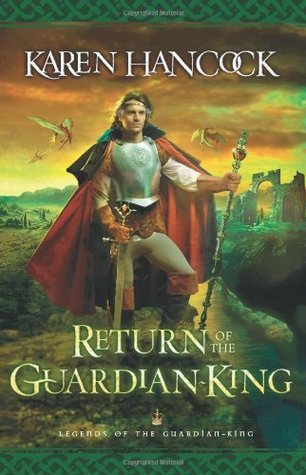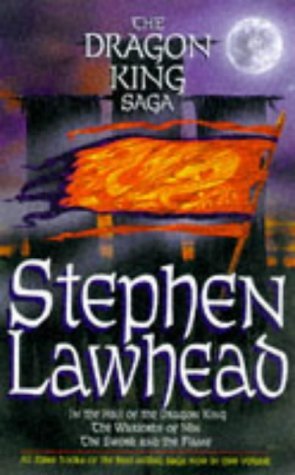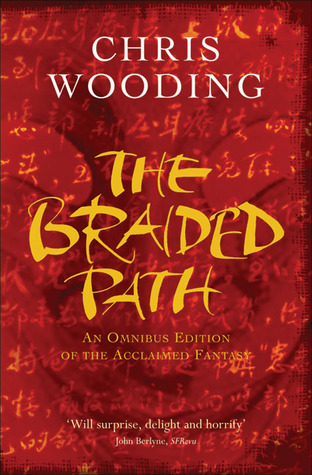
The Legend of the Wandering King
Book Description
A mysterious king roams the lands, bound by a curse he can't escape. His faithful companions are torn between loyalty and longing, while the fate of kingdoms teeters on the brink of chaos. Shadows whisper of betrayal, and the line between friend and foe blurs. As the restless king grapples with his identity, fierce battles and heart-wrenching choices leave a trail of destruction. Love and sacrifice intertwine in a tale where every decision holds weight. Can one man's search for redemption restore harmony, or will he be lost forever to the shadows? What price will he pay for the truth?
Quick Book Summary
"The Legend of the Wandering King" by Laura Gallego García is a spellbinding blend of fantasy and historical fiction set in the sumptuous world of ancient Arabia. The tale follows Walid, a proud and ambitious prince whose encounter with a humble poet, Hammad, sets in motion a chain of jealousy, rivalry, and ultimately tragedy. When Walid falls victim to a magical curse, he is condemned to wander ceaselessly through deserts and cities, searching for meaning, redemption, and forgiveness. Accompanied by faithful companions who struggle with their own desires and dilemmas, Walid’s journey becomes one of self-discovery, sacrifice, and transformation. As kingdoms stand at the precipice of chaos and betrayal lurks in every shadow, Walid navigates fierce battles and heart-rending decisions. The narrative intimately explores themes of pride, destiny, and the possibility of reconciliation with oneself and others in a world rich with danger and wonder.
Summary of Key Ideas
Table of Contents
The Corrosive Nature of Pride
The novel opens in the glittering courts of pre-Islamic Arabia, where Prince Walid is favored for his intellect, charm, and prestige. His greatest passion is poetry, and he dreams of winning the annual poetry contest. However, a shock awaits him when a simple carpet weaver, Hammad, surpasses him with breathtaking verses. Driven by wounded pride, Walid manipulates circumstances to humiliate and exploit Hammad, setting in motion a cycle of envy and injustice. Walid’s actions, though initially driven by personal ambition, reveal the destructive capacity of unchecked pride and the consequences it can wreak on both the perpetrator and the innocent.
Redemption through Suffering and Self-Discovery
After a series of tragic events, Walid is cursed—compelled to wander endlessly without rest, home, or solace. His once-glittering world dissolves into exile as he embarks on a quest for understanding and redemption. Along the way, he encounters loyal companions whose own journeys interweave with his, testing the bonds of loyalty and ambition. These companions struggle with their allegiance to Walid, torn between helping their king and pursuing their own happiness. The narrative delves into the complexities of friendship and the personal costs of devotion, set amidst a landscape fraught with peril and shifting loyalties.
The Tension between Loyalty and Ambition
Walid’s journey is both physical and spiritual, as each hardship endured chisels away his former arrogance and gradually reveals humility and compassion. The young king is confronted with the suffering he caused and learns the importance of forgiveness, both of others and himself. Through encounters with enemies and allies alike, Walid discovers the healing power of empathy and the bitter necessity of atonement. These revelations force him to reevaluate his relationships, priorities, and the nature of true leadership.
The Power of Forgiveness and Sacrifice
Throughout the tale, shadows of betrayal and hidden motives haunt every encounter. Treachery—whether within Walid’s own camp or from competing kingdoms—threatens his quest for redemption. Love and sacrifice often emerge as intertwined themes: companions face life-changing choices, and trust is difficult to earn but easily lost. The kingdom’s fate hangs in balance as Walid’s torture and transformation ripple outward, affecting both friends and foes. Every decision and sacrifice made is laden with consequence, building toward a climax where truth and reconciliation offer the only hope for peace.
Shadows of Betrayal and the Search for Truth
In the story’s conclusion, the legend of the Wandering King becomes an enduring tale of growth and humanity. Walid’s relentless search for absolution leads him to recognize the power of humility, the necessity of forgiveness, and the inexorable link between one’s inner journey and the world’s harmony. The epic underscores how love, pain, and self-discovery ultimately shape destiny, inviting readers to reflect on their own paths toward redemption and truth.
Download This Summary
Get a free PDF of this summary instantly — no email required.





